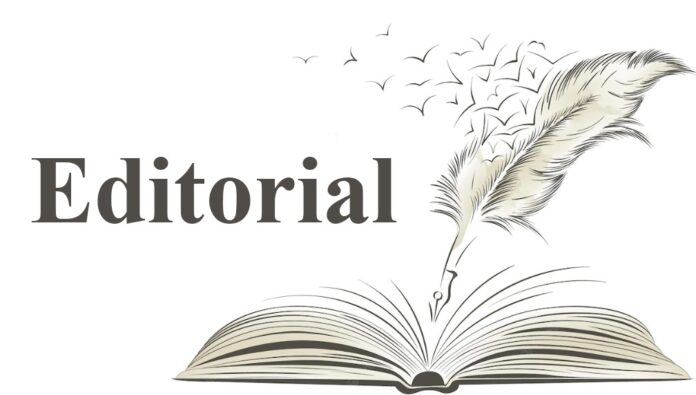By The Editor
About three-fourth of India’s population live in villages whose main occupation is agriculture. Due to illiteracy and ignorance of modern system of development like mechanisation, improved seeds and good fertilisers, farmers cannot make significant progress in agricultural production and so continue to remain poor and backward. Most of agricultural activities take place during rainy season which normally extends for some months only and beyond that they lie idle with nothing much to do. In order to escape squalor of poverty, many villagers migrate to urban areas in search of better avenues of employment which usually seldom happens but instead becomes worse. Indeed for such pitiable condition, we are reminded of the phrase, “from the frying pan into the fire”. The first United Progressive Alliance (UPA-I) government (2004-09) headed by the Indian National Congress (INC) under Prime Minister Manmohan Singh took the initiative for poverty- alleviation by introducing the Mahatma Gandhi National Rural Employment Guaranteed Act (MGNREGA) in February 2006 which has now become a household name in the country.
None can deny the fact that if people are entrusted with the task of fulfilling work allotted to them and for their own welfare and betterment and full responsibility be given to them they will surely devote their time and energy wholeheartedly. Schemes under MGNREGA are chosen by villagers according to priority and approved by the government to be subsequently implemented by them through the respective Community & Rural Development Block (C&RD) working schedule being 100 days in a year. Schemes to tackle and combat rural unemployment mostly in rural areas have become grand success. Under MGNREGA schemes, achievements have been made in revitalising and regenerating rural economy by creating productive assets like safety harvesting tanks, watershed development and tree plantation for soil conservation and water retention. Revolutionary progress has been made in villages through road construction, footpaths, etc. while at the same time boosting rural economy. This clearly illustrates that when people are trusted with full responsibility, they will be happy and contented and can contribute much through selfless involvement for their own benefit. Under this Act, people living below poverty line (BPL), who constitute major chunk of population living in rural areas, have greatly benefited especially during lean season. After change of government at the Centre in 2014, the NDA (National Democratic Alliance) government under Prime Minister Narendra Modi of the BJP (Bharatiya Janata Party) did not discontinue the scheme.
Year 2022 is coming to an end and central government is busily engaged in preparation of budget for next financial year 2023-2024. Trade unions are taking much interest in schemes involving people’s involvement with public participation and hence they too have urged Finance Minister Nirmala Sitharaman to increase budget allocation for MGNREGA while at the same time requesting her to pay attention to minimum wages and welfare of workers.


